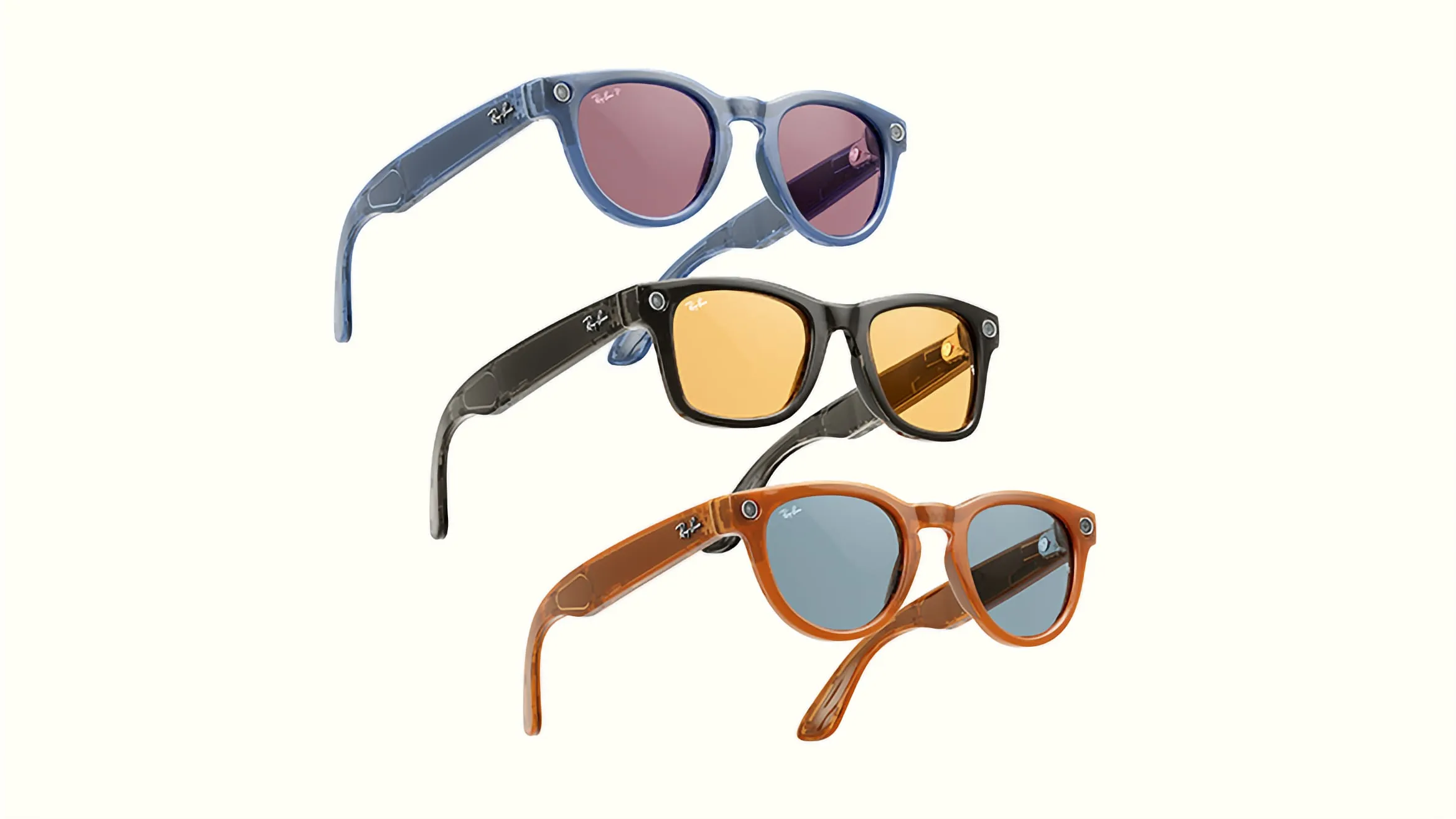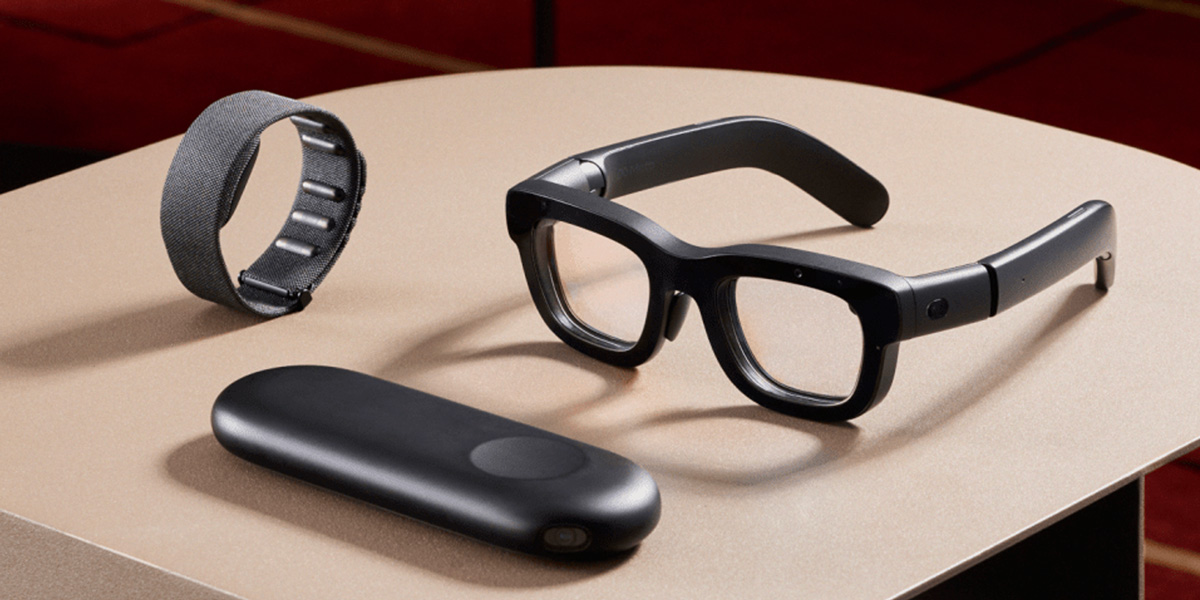Tech
Meta’s AR glasses are what I want for the future of Apple Vision

Meta held a special event on Wednesday to announce updates for its platforms and also some new products. Among all the announcements, there was certainly one that caught all the attention: the Orion project. Orion is not a product coming soon to stores, but it’s a functional prototype of how Meta imagines AR glasses. And they’re exactly what I want for the future of Apple Vision.
Smart glasses vs. headsets
I’m not here to discuss whether Meta is a good company when it comes to its business policies. The focus here is entirely on the technology that Zuckerberg’s company showed the world today.
AR glasses are not new – remember the Google Glass project from a decade ago? But a lot has changed since then, especially in the AR and VR segment. Meta acquired Oculus and now has its own mixed reality headsets, just as Apple last year announced Vision Pro with groundbreaking technologies. Still, none of these products have become massively popular so far.
At the same time, there’s a product category that’s winning over more people every day, and that’s smart glasses. I gave Ray-Ban Meta glasses a try and they have become one of my favorite accessories thanks to their discreet design, built-in camera and AI assistant.
Wearing smart glasses for me is like wearing the Apple Watch: a piece of technology that I don’t need to think about. It’s just there as a fashion accessory that I would wear anyway. Although mixed reality headsets like Vision Pro are much more advanced, they’re not discreet, comfortable and definitely not ideal for use outdoors.

Apple has reportedly been working on smart glasses, but they’re still years away from being launched. In the meantime, Meta has decided to show that it’s also in the race for smart glasses.
What I liked about Meta’s Orion is that it looks like normal glasses. Sure, it’s noticeably bulkier than Ray-Bans, but it doesn’t feel like a helmet or ski goggles on your head.
Rather than displays and passthrough cameras, Orion glasses have small Micro LED projectors inside the frames that show images in front of your eyes by reflecting them on the lenses. This means that you can see the real world with your own eyes instead of looking through a noisy image while wearing the glasses.
Similar to current headsets, Orion glasses have multiple cameras and sensors to understand the environment around you. This allows users to open multiple windows and place them in specific places in the environment just like with Vision Pro. Meta says it’s like seeing holograms in the physical world.

To make the glasses more compact and lighter, Meta has split the product into three different parts: the glasses themselves, a smart bracelet that detects gestures to control the system, and a small module that handles all the processing wirelessly.
The first hands-on are positive
Reporters from The Verge and CNET had the chance to spend some time with Meta’s new Orion glasses. The Verge says that the response to commands is super fast thanks to the combination of eye-tracking technology and the smart bracelet. “It’s not reading your thoughts, but it kind of feels like it.”
The reviewers also praised the fact that the wristband provides haptic feedback to confirm actions and gestures.
The resolution isn’t as high as that of headset displays, but CNET notes that Meta has shown prototypes with different resolutions and said that the goal is to use the best possible projector in the final product. Both reviewers noted that the Orion glasses have the best field of view of any AR glasses so far.
The quality of Orion’s display is surprisingly good given the form factor. Video calls look crisp enough to feel engaging, and I had no problem reading text on a webpage that was several feet away. However, I wouldn’t want to watch Avatar in them — I probably couldn’t finish it anyway since the battery only lasts about two hours.
The Verge

Meta also showed that its glasses have built-in AI. In one of the demos, journalists were able to look at a table with a pile of ingredients and ask for recipe suggestions with a voice command. The glasses used the built-in cameras to analyze the ingredients and show recipes for using them.
Meta makes it clear that Orion is still a prototype of something that the company wants to improve before putting it on the market. Although The Verge says that the company plans to launch its first AR glasses next year, there are no details about when this will happen.
For now, “Orion isn’t a mirage. It’s also not a product. It’s somewhere in between,” The Verge says.
Even so, Meta showed the world something cool today. And while there’s still room for immersive headsets, I’m more excited about the future of AR glasses – and I really hope to see something like this from Apple. What about you? Let me know in the comments below.
FTC: We use income earning auto affiliate links. More.











